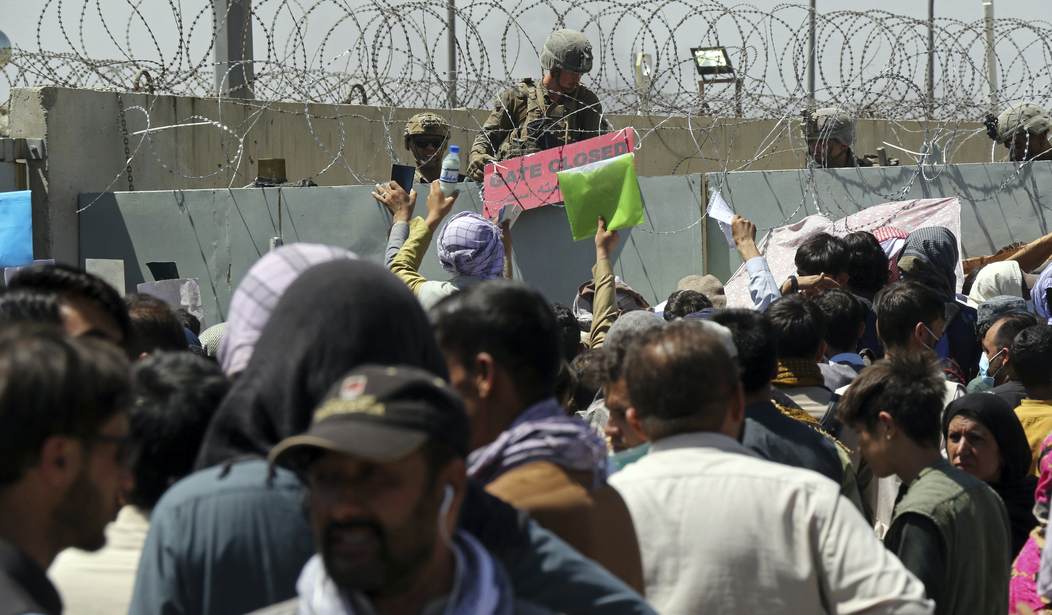George Friedman predicted an “American crisis” in his book The Storm Before the Calm. The dramatic arc would follow this sequence: a social crisis early in the decade, followed by a massive economic one, then a political and a major, institutional crisis in the federal government followed by a profound change in government near the end of the decade. Because the US is so important, an American crisis would imply a global crisis. Because the United States has the largest economy, the most powerful military and remains a leading innovator in technology, an American crisis would also be a dangerous global one. The 2020s will be a critical period where something will happen. We just don’t know what.
Is Friedman just scaremongering, or astute? Friedman correctly anticipated in is his 2009 forecast that Russia would become more aggressive in its foreign policy towards its neighbors. His 2009 prediction that Japan would become a major military power within a decade also came true, but four years late. He has gotten some things right. But even a shot in the dark in a crowded room has a chance of hitting something. If one predicts catastrophe at any given time, the odds of being randomly right are considerable. Consider the worst possible event: the end of human life. The chance of extinction per century is given as 1 in 2,000 because humanity has survived 2,000 centuries. But the odds of a lesser crisis are much higher and empirically far more frequent.
Toby Ord, a senior research fellow at the Future of Humanity Institute (FHI) at Oxford University, believes that the odds of an existential catastrophe happening this century from natural causes are less than one in 2,000, because humans have survived for 2,000 centuries without one. However, when he adds the probability of human-made disasters, Ord believes the chances increase to a startling one in six. He refers to this century as “the precipice” because the risk of losing our future has never been so high.
We might think this impossibly pessimistic, but our sense of security has been biased by the recent experience of the Long Peace, whose smooth contours even led some to proclaim an End of History. But at anything resembling the ordinary past, when life was “solitary, poor, nasty, brutish, and short,” serious crises were a common occurrence. Friedman’s prediction is odds on. Perhaps it’s only coincidental, but there are other indicators, like a widespread current perception that something is wrong, though what that “something” is may vary by political point of view. Listen to this Glenn Beck speech. “Nothing happens. Nothing.”
This is the most Powerful speech Glenn Beck has ever given… If you don’t feel this, we are NOT the same.. You are NOT a real American… pic.twitter.com/ua4QLe0vWd
— Matt Couch (@RealMattCouch) April 21, 2023
The impassioned tirade brings to mind Peter Finch in Network. I’m mad as hell and not taking it any more. But Beck’s speech is the soul of restraint compared to prolonged scream of doom and gloom coming from the Left. To hear it, the globe is beset by Climate Emergency, an epidemic of oppression in the Third World causing millions to bang at Western borders, the rise of Nazism, rampant gender discrimination, and White Supremacy. The end of the world is literally nigh. “Scientists deliver ‘final warning’ on climate crisis: act now or it’s too late,” says the Guardian.
The Intergovernmental Panel on Climate Change (IPCC), made up of the world’s leading climate scientists, set out the final part of its mammoth sixth assessment report on Monday. The comprehensive review of human knowledge of the climate crisis took hundreds of scientists eight years to compile and runs to thousands of pages, but boiled down to one message: act now, or it will be too late.
We ought by now be crying, “Repent brother! Repent!” But interestingly, in this Babel of outrage there’s little sense of crisis in the Biden admin about the economy, nuclear war or even the “climate.” What little worry the administration has targets odd, even arcane concerns; nitpickety little things. Evacuate Afghanistan and Sudan: what’s the big deal? But deadname someone, now there’s a problem. As for the rest, “What, me? Worry?” The whole situation feels unnatural, like watching a low-budget Chinese action movie where the all parts are dubbed by the same voice actor, including the female roles. Or the scene in Zulu Dawn where Lord Chelmsford sits down to lunch while impis massacre his base camp over the ridge.
In this strangeness may lie the clue to our abnormal normalcy. The absence of a sense of emergency in the Biden administration could be a sign of crisis fatigue. The organism is just numb and has lost the power of movement. After Covid, war, impeachment, indictment, crime and economic crisis, the machine is seeking reassurance in denial. Bureacracies can handle temporary stress, but when the stress is constant organizations and people just shut down. Recently Biden declared that on his orders the American embassy in Sudan was fleeing, as if it were just another day. But his relaxed attitude is understandable. Evacuating one embassy is a big deal, but by two you are getting used to it.
Is the “American crisis” coming? Who knows. But if we ever get there it will seem like just another day.

